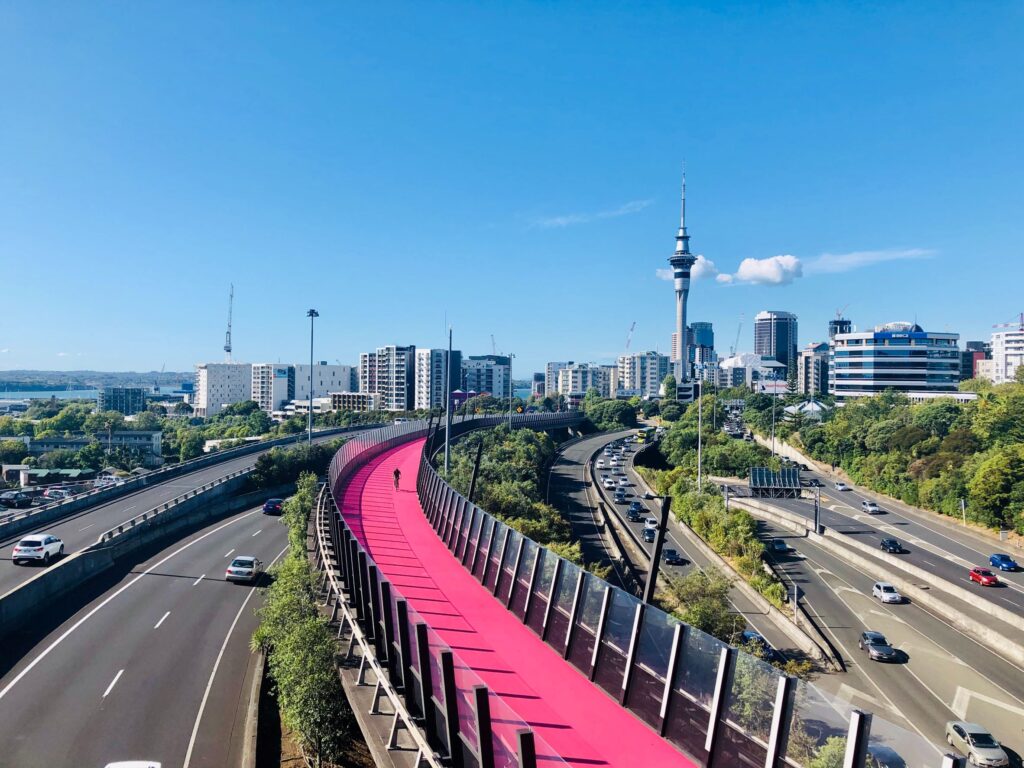Restoration of Electric Power Supply to Faseu Village
The Registered Trust “Friends of Faseu” seeks funding support for a rural electricity project in Papua New Guinea. The project involves the repair and restoration of a small hydro electric plant and the associated electrical distribution system supplying community facilities at Faseu, a village in the mountains of the Huon Peninsula in the Morobe Province. The system commenced operation in December 2005, but suffered major damage due to flood and landslip approximately two years later.
Read MoreSubmission to the Auckland Council on Waste Management
We live in a finite world with finite resources that should not be disposed of in landfills. The ultimate objective should be to do away with conventional landfills.
Read MoreSubmission to the Auckland Council on Transport
In ESR’s opinion, the Auckland Plan discussion document does not provide a clear or convincing description of the city’s transport options, and it does not adequately address the linkage between the nature and location of future land use development and the transport option selected.
Read MoreGovernment Policy Statement on Land Transport Funding
ESR is concerned at Government intervention in the process of objective decision making on national land transport funding in favour of state highway construction.
Read MoreSubmission on the Auckland Plan
Chapter 6 of the Draft Auckland Plan states the Auckland Council intends to develop energy and greenhouse gas emissions reduction strategies and action plans for adoption in 2012.
Read MoreSubmission to Auckland Council’s Draft Waste Management and Minimisation Plan
The central points are that the present waste collection and disposal arrangements must be improved to minimise the amount of material going to wasteful landfill, to improve the value and utilisation of recycled materials as well as to maintain a healthy and safe environment for Auckland residents.
Read MoreSubmission to Auckland Council on the draft Auckland Long Term Plan 2012-2022
Engineers for Social Responsibility Incorporated supports the general direction being taken by the Auckland Council in the Draft Long Term Plan 2012-2022.
Read MoreSubmission on the Local Government Act 2002 Amendment Bill
We are concerned about some of the proposed changes outlined in the Local Government Act 2002 Amendment Bill, particularly the deletion of “social, economic, environmental, or cultural wellbeing” in Clauses 19, 20 and 25.
Read MoreRealising our Hidden Treasure
This is a response from Engineers for Social Responsibility (ESR) to the IPENZ report Realising Our Hidden Treasure: Responsible Mineral and Petroleum Extraction.
Read MoreClimate Change and Kyoto
We are very concerned at the Government’s decision to pull out of the Kyoto protocol and instead to enter into “talks about talks.”
Read More

